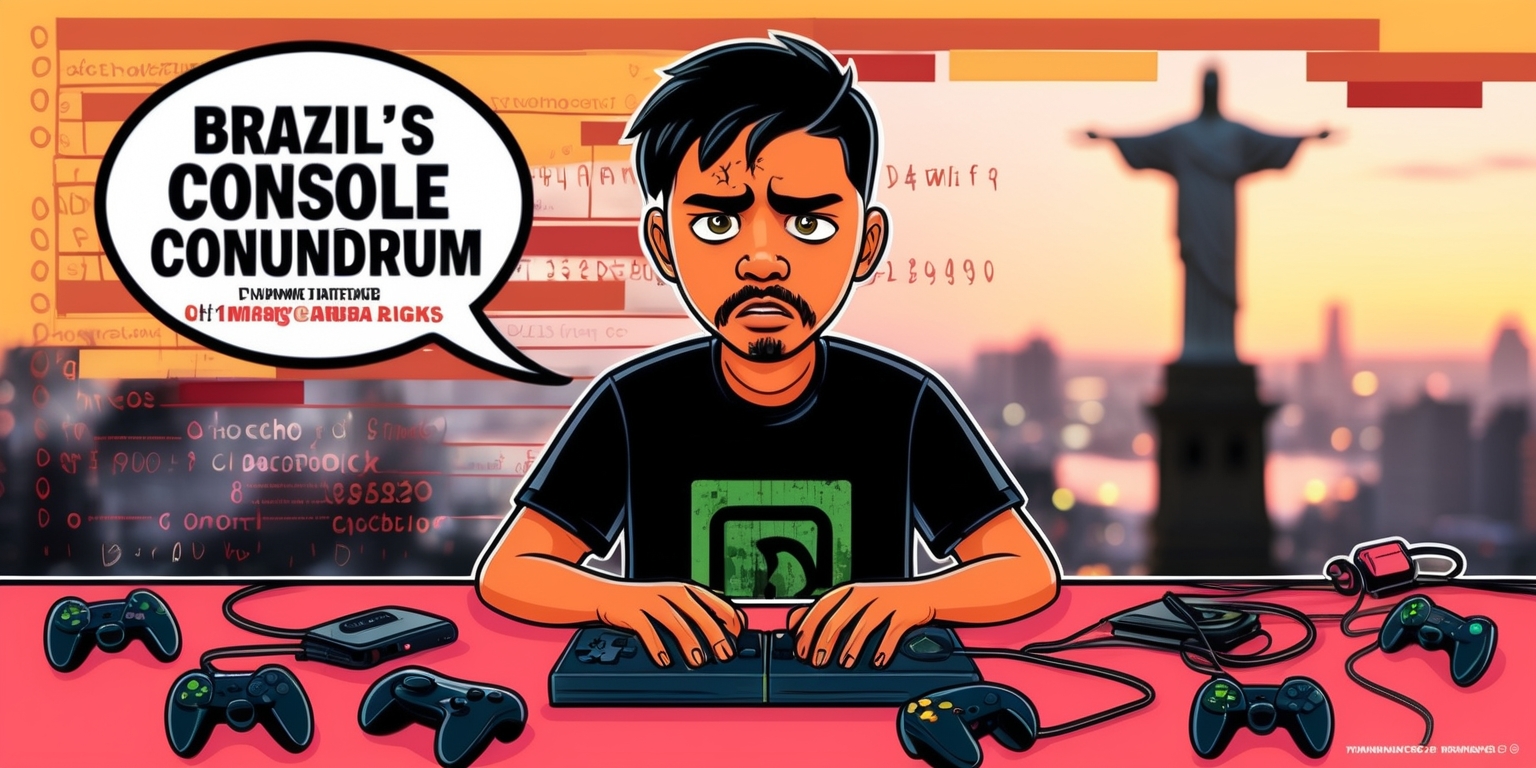Brazil's Console Conundrum: Unpacking the Controversial Online Disabling Policy
Jul-04-2025

An emerging issue in Brazil has sparked discussion among gamers and industry watchers alike. Recent measures implemented by a well-known gaming console maker are drawing attention due to their unexpected impact on device functionality.
Recently, it was revealed that… devices from the second generation had been disabled from online connectivity after individuals attempted to use external memory cards to run unauthorized game software. This change essentially renders the device inoperative because it prevents downloading new software updates and games, as well as accessing physical game copies stored on specialized cards.
The decision has not caused widespread outrage since it primarily addresses the indirect effects of unauthorized game use on market prices. However, it also opens the possibility for the company to arbitrarily disable the console if users engage in activities "that fail to abide by their guidelines".
Even players who only use legitimately obtained games might be affected. Consoles that have become unresponsive due to these measures have been re-entered into the open market. As a result, some customers end up purchasing devices that may no longer be eligible for compensation or support.
A consumer protection program in Sao Paulo has expressed concern over this policy. The agency has formally requested that the company remove the feature that permits such disabling. A response on this matter is expected within the next 20 days.
Future developments remain uncertain, and it is possible that additional regions may reconsider the use of such measures. For instance, the European Union has shown a tendency to oppose similar approaches.
- Online access is blocked after detecting the use of unauthorized memory cards.
- Devices are limited by the inability to download updates or access physical game media.
- A policy allows for potential arbitrary disconnections based on the user’s behavior.
- Resold or repurchased devices might leave some customers without recourse.
- A local consumer protection agency has called for the removal of this capability.







